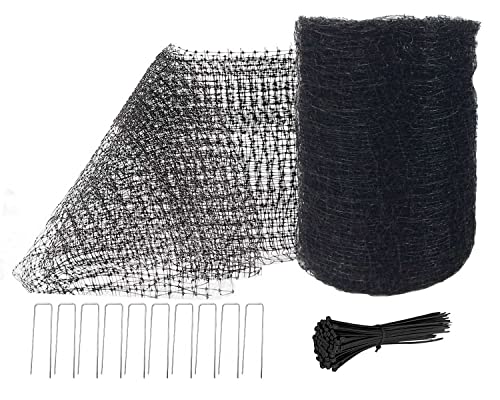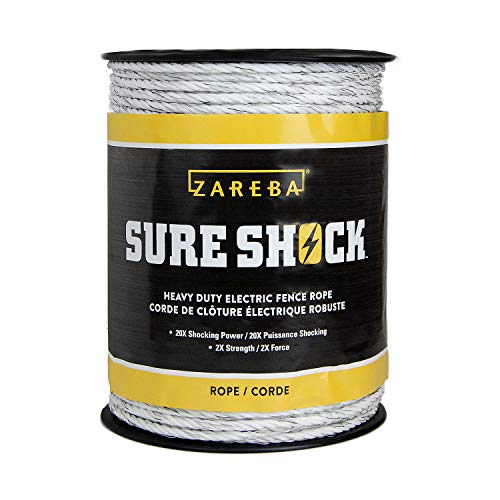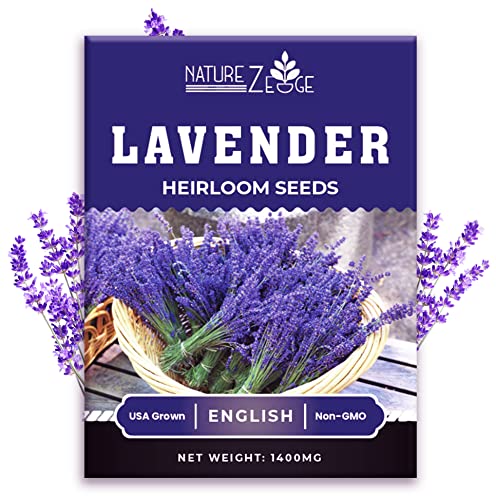I’m here to answer the age-old question: do deer eat kale? As a nature lover and deer enthusiast, I’ve delved deep into the eating habits of these majestic creatures. In this ultimate guide, I’ll share everything you need to know about deer and how to protect your kale from their munching.
Do Deer Eat Kale?
Deer are known to be herbivores and have a varied diet that includes plants, flowers, fruits, and vegetables. Kale is one of the popular vegetables that they may consume, especially if other food sources are scarce.
While deer are not particularly selective, they may show preference depending on the availability and taste of the crops. Therefore, it is recommended to take preventive measures, such as planting deer-resistant plants or erecting barriers, to ensure the safety of your crop.
Dietary Habits of Deer
Deer are primarily herbivores, which means they feed on plants. They have a diverse diet that includes plants, fruits, and vegetables. Deer are not particularly selective, and they may feed on almost anything, especially when other food sources are scarce.
However, even though deer are primarily herbivorous, they will sometimes consume small animals such as insects or rodents when their regular food sources are scarce.
What Do Deer Typically Eat?
Deer like to consume a wide variety of plants, including leaves of trees and plants, shrubs, and berries. During the summer season, they feed on young shoots and leaves, while in winter, they consume bark and buds. They may also feed on flowers, fruits, and vegetables if they are available. However, deer prefer to eat high-protein plants such as legumes.
Nutritional Benefits of Kale for Deer
Kale is a nutrient-dense leafy green vegetable that is packed with vitamins and minerals that can provide various benefits to deer. Kale is rich in vitamins A, C, and K, and it also contains essential minerals like calcium, iron, potassium, and magnesium. These nutrients can help boost the immune system and promote healthy growth in deer.
Preventing Deer from Eating Kale
While deer are not particularly selective in what they eat, they do have specific preferences, and they may show a liking for some crops over others. Therefore, it is essential to take preventive measures to ensure the safety of your kale crop if you live in an area where deer are prevalent. Below are some practical tips for preventing deer from eating your kale crop.
1. Physical Barriers
One of the most effective ways to prevent deer from consuming your kale crop is by using physical barriers. You can put up a fence made from high-tensile wire around your garden or erect special netting to cover your kale plants. This can be an effective way to keep deer away from your kale and other crops.
One of the most effective ways to keep deer out of your garden is to build a fence around it. Deer can jump up to 8 feet in height, so make sure your fence is at least that tall. It should also be made of a sturdy material that can withstand the weight of deer pushing against it, such as metal or heavy-duty plastic.
To further deter deer from trying to jump over, you can add a slanted top to the fence or place a double fence with a 4-5 foot gap between them. Make sure the fence is buried at least 8-12 inches deep into the ground to prevent deer from digging under it.
2. Scent Deterrents
Another way to deter deer from consuming your kale crop is to use scent deterrents. You can use scented soap, human hair, or predator urine to create a scent barrier around your crop. The scent of these items can be highly unpleasant to deer, and they may avoid your kale crop altogether.
3. Chemical Repellents
Chemical repellents can also be used to deter deer from consuming your kale crop. These repellents can be sprayed directly onto kale plants, and they work by emitting a foul odor and taste that deer find unpleasant. Ensure that you use chemical repellents that are safe for consumption and follow the instructions on the label carefully.
4. Use Deer-Resistant Plants
Another way to protect your garden from deer is by choosing plants that they are less likely to eat. Deer generally avoid plants with strong scents, thick leaves or prickly textures. Examples of deer-resistant plants include spiky yucca, fuzzy lamb’s ear, fragrant lavender, and foliage plants like Russian sage.
It’s important to note that no plant is completely deer-proof, especially if deer are desperate for food. You should also plant your garden with a diversity of flowers, herbs, and vegetables to make it less appealing to deer and other animals that may be looking for a snack.
5. Install Motion-Activated Sprinklers or Lights
Since deer are skittish animals, they can be easily scared by sudden noises or movements. You can install motion-activated sprinklers or lights around your garden perimeter to deter them from entering.
When the sprinkler senses movement, it releases a burst of water that startles the deer and teaches them to avoid your garden in the future. Similarly, motion-activated lights can scare deer away and make it harder for them to navigate the area at night.
6. Hang Reflective Objects
Adding sparkly or reflective objects to your garden such as CDs or aluminum foil strips can be an effective way to keep deer away. The reflection of sunlight or moonlight off of these objects can be disorienting and frightening for deer, leading them to stay away from your garden.
7. Place Physical Barriers
Another option is to place physical barriers around individual plants or small garden patches. You can use chicken wire or heavy-duty plastic netting to create a cage around a group of plants or row covers to keep deer from eating your sprouts. This method is particularly helpful for protecting young plants or fruit trees that are more susceptible to damage.
8. Use Sound Deterrents
Deer have a strong sense of hearing, and certain sounds can be very unpleasant for them. Using devices like windchimes, ultrasonic devices, or human hair placed around the garden can deter deer from coming in. Be aware that these methods should be rotated periodically, as deer can become accustomed to sounds and they will no longer be effective.
9. Clean Up Debris and Fallen Fruit
Leaving debris, fallen fruit or leaves on the ground can attract deer and other pests to your garden. Make sure to keep the garden area free of debris and clean up any fallen fruit promptly. This will help to limit the number of attractive food sources and lower the chances of deer coming into the area.
10. Utilize Natural Barriers
You can create natural barriers that deer don’t want to cross, such as planting thorny or prickly bushes like holly or barberry around the perimeter of your garden. These will provide a physical barrier that deer will avoid. Another option is to use a natural deer repellent like blood meal or bone meal, both of which are strong smelling and unpleasant for deer.
11. Rotate Your Methods
Deer are intelligent animals and can become habituated to the same deterrent methods. To keep them guessing, rotate different methods regularly. For example, you could start with physical barriers, switch to predator scent repellents, and then move on to deer-resistant plants. This way, deer won’t become accustomed to any one method and will be more likely to avoid your garden.
Planting and Maintaining a Deer-Resistant Garden or Food Plot
Planting a deer-resistant garden or food plot is an excellent way to protect your crops from deer damage. When choosing plants, it is essential to select varieties that deer typically do not eat. Below are some edible and non-edible plants that are deer-resistant.
Edible Plants to Plant
When it comes to planting a garden that is less appealing to deer, selecting the right plants is crucial. Here are a few edible plants that can thrive in a deer-resistant garden:
- Garlic: The strong flavor and odor of garlic makes it an excellent deterrent for deer.
- Basil: Basil is a fragrant herb that can be used in a variety of dishes, and it also repels deer due to its strong scent.
- Hot peppers: Hot peppers contain a compound called Capsaicin that gives them their spicy taste, and deer can’t stand it.
- Tomatoes: Although deer will eat most fruits and vegetables, they tend to avoid tomatoes because of their slightly bitter taste and tough skin.
Non Edible Plants to Plant
If you’re looking for non-edible plants to include in your deer-resistant garden, here are some options:
- Lamb’s ear: This plant has fuzzy, soft leaves that deer don’t like the texture of.
- Lavender: Lavender is a fragrant plant that repels deer due to its strong scent.
- Ferns: Many species of ferns contain toxins that make them unappealing to deer.
- Yarrow: Yarrow is a tough plant that can tolerate a variety of soil types and also repels deer due to its bitter taste.
Maintenance Tips for Keeping Deer Away
Even if you have a garden full of deer-resistant plants, there is still a chance that deer may venture into your yard. Here are a few tips for keeping deer away from your garden:
- Create a physical barrier: A tall fence or hedgerow around your garden can make it difficult for deer to access your plants.
- Use scent deterrents: Hanging soap or fabric softener sheets around your garden can mask the smell of plants and make them less appealing to deer.
- Try chemical repellents: There are several types of chemical repellents available that can be sprayed on your plants to deter deer from eating them.
- Be vigilant: Keep an eye on your garden and scare away any deer that you see before they have a chance to take a bite out of your plants.
By combining these strategies and incorporating deer-resistant plants into your garden, you can greatly reduce the chances of deer nibbling on your kale or any other vegetation in your garden. With a little bit of effort and some careful planning, you can enjoy the beauty of a thriving garden without worrying about deer damage.
Conclusion
So, there you have it – the ultimate guide to protecting your garden crop from those pesky deer. While we now know that deer are not particularly picky eaters and may happily snack on your kale if there’s nothing else available, there are plenty of preventative measures you can take to keep your garden safe.
From planting deer-resistant plants to erecting barriers (electric fences, anyone?), there are plenty of options to choose from. So, go forth and protect your kale! After all, you deserve to enjoy that delicious, nutrient-packed veggie all to yourself, don’t you?
You may also be interested in reading:










